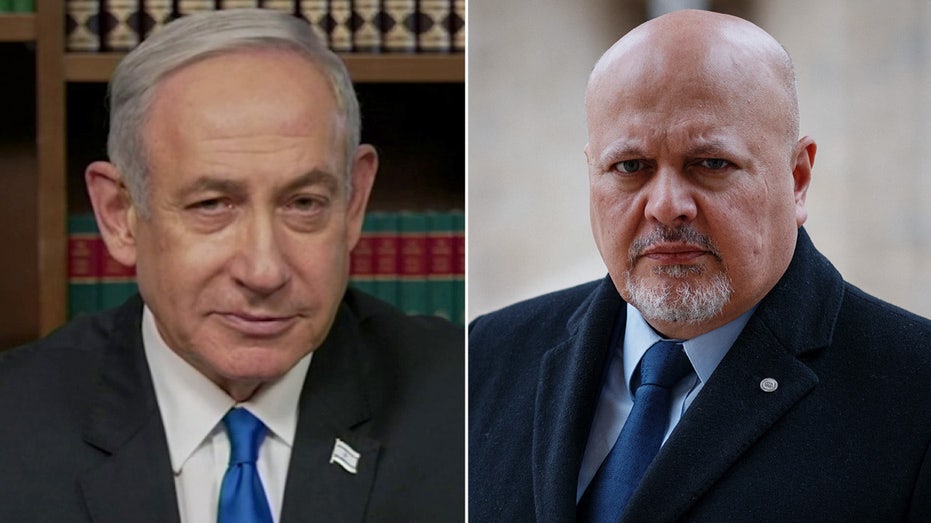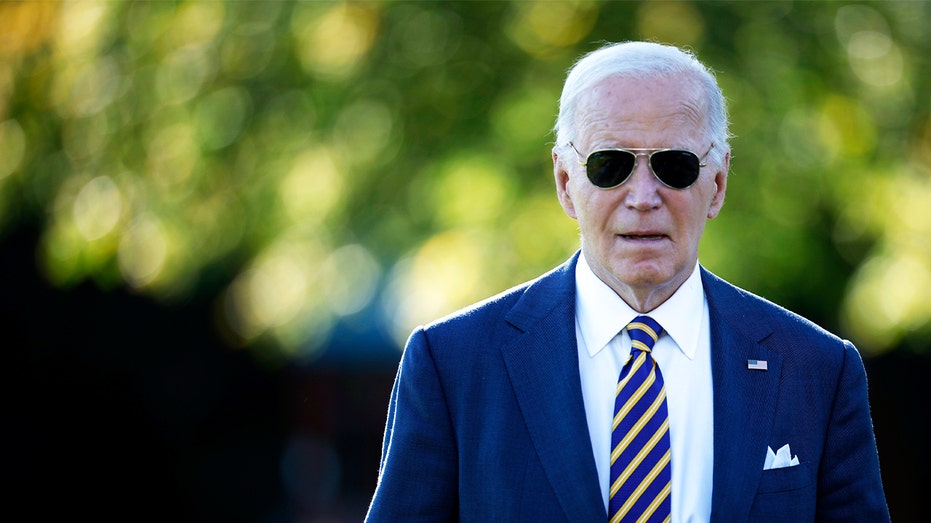The US is tightening its grip on one of the key pillars of Russia's economy
Contributor/Getty Images
- The US is cracking down on Russia's oil industry, with broader sanctions introduced on Friday.
- The US and UK are blocking two Russian energy giants and other entities in the nation's oil trade.
- Russia's energy revenue is expected to account for more than a quarter of the nation's budget in 2025.
The US is tightening the screws on one of the key pillars of Russia's wartime economy: its energy business.
The US said it would join the United Kingdom in imposing wider-sweeping sanctions against Russia's oil industry on Friday, which include blocking Gazprom Neft and Surgutneftegas, two of Russia's largest oil producers.
Sanctions will also be imposed on the producers' subsidiaries, as well as 183 tankers associated with Russia's oil trade, according to a statement from the Treasury Department. Some of the sanctioned tankers were part of Russia's shadow fleet, a group of ships Russia is known to rely on to trade oil under the radar.
The new sanctions also targeted several "opaque traders" involved in Russia's oil business, as well as oilfield service providers and prominent executives at Russian energy companies, the statement added.
"The United States is taking sweeping action against Russia's key source of revenue for funding its brutal and illegal war against Ukraine," Treasury Secretary Janet Yellen said in a statement. "With today's actions, we are ratcheting up the sanctions risk associated with Russia's oil trade, including shipping and financial facilitation in support of Russia's oil exports," she later added.
Western nations have targeted Russia's energy trade since the early days of the Ukraine war, given that Russia's energy revenue makes up a big chunk of the nation's war budget. Oil and gas revenue is expected to account for around 27% of Russia's federal revenue in 2025, according to a draft budget viewed by Reuters in September.
Consequences from existing measures, like the ban and $60 price cap on Russian oil, have already started to hit Moscow's cash flow. Russia's total energy revenue plummeted by nearly a quarter in 2023, according to data from Russia's finance ministry.
The nation's oil and gas revenue is also expected to decline through 2027, the draft budget showed.
Economists share a grim outlook for Russia's economy, with some experts expecting the nation to soon undergo a stagnation that could mirror the decline of the Soviet Union. The nation is now likely feeling the full impact of international sanctions, which could produce enough strain to bring an end to the war this year, according to one Washington, D.C.-based think-tank.

